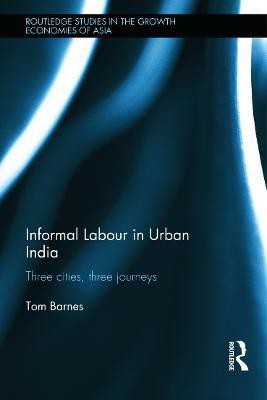Informal Labour in Urban India(English, Hardcover, Barnes Tom)
Quick Overview
Product Price Comparison
During the last two decades, rapid economic growth and development in India has been based upon the mass employment of informal labour. Using case studies from three urban regions, this book examines this growth in modern India's cities and towns. It argues that India has undergone a process of uneven and combined development during its integration with the world economy, leading to a distorted form of urban development. This book is about work and resistance in India's massive 'informal economy'. It looks at the growth of informal labour in Bangalore, Mumbai and New Delhi during an era of neoliberal economic policymaking. Going beyond mainstream accounts, it argues that India's rapid economic development has been based upon the mass employment of workers on low wages who lack basic social protection and rights at work. It discusses how urban development in India is characterised by a combination of industrialisation, industrial relocation, restructuring and informalisation. Departing from some existing studies of de-industrialisation, it re-frames informalisation as a process that complements, rather than contradicts, contemporary industrialisation in rapidly-emerging economies. The book adopts a 'classes of labour' approach, classifying each case of informal labour as a specific 'form of exploitation': as a different way for employers to lower production costs, control workers and increase enterprise flexibility. Offering a critique of existing data on the measurement and monitoring of informal labour and employment, the book is relevant to students and scholars of Development Studies, International Political Economy and South Asian Studies.


